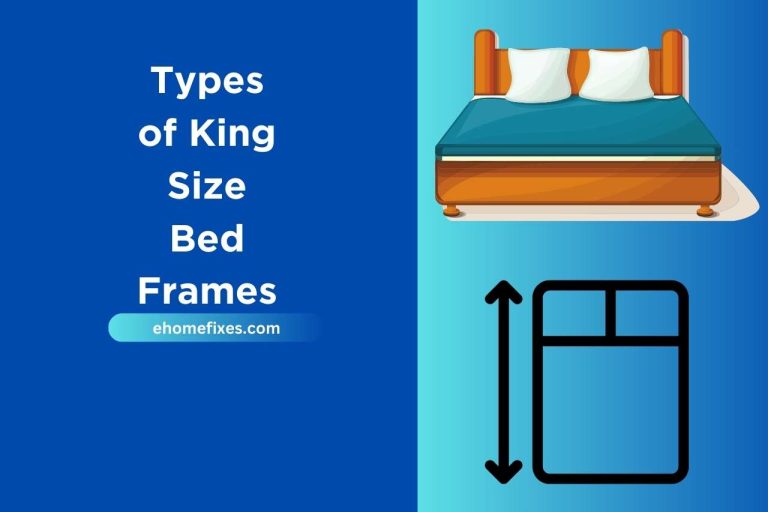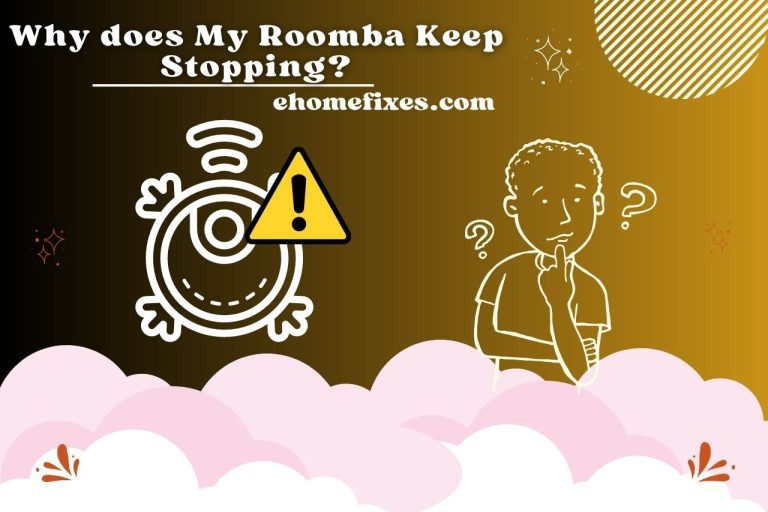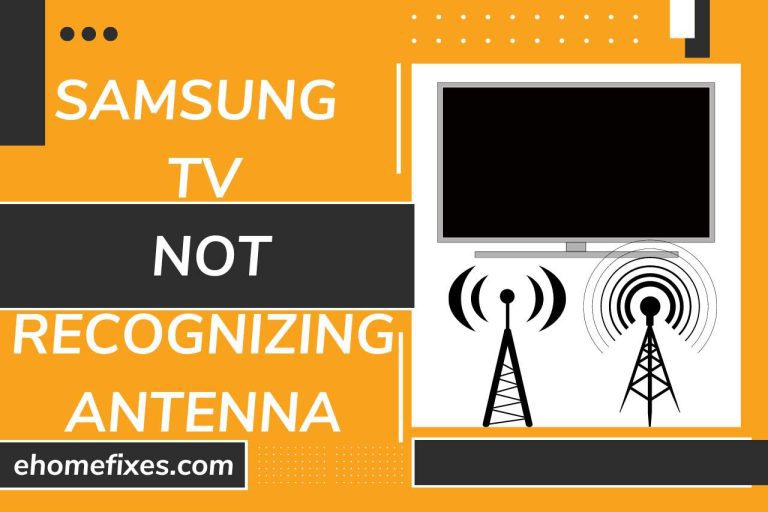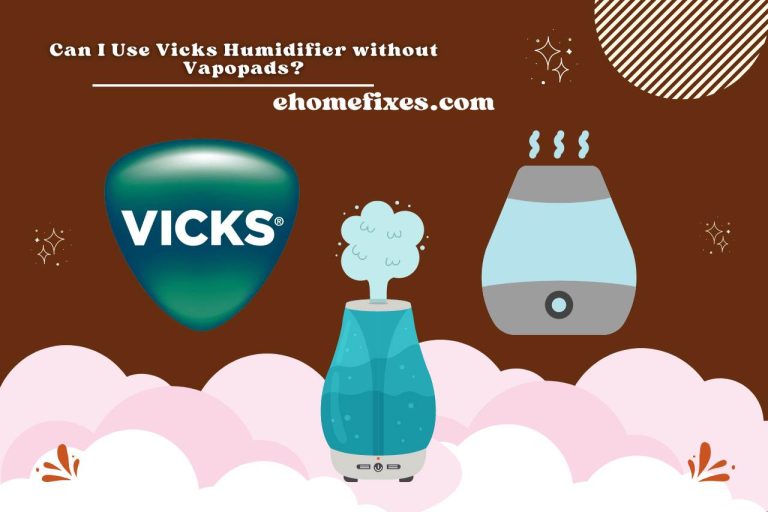Do Dehumidifiers Have Freon? What You Need to Know
A dehumidifier is an air conditioner accustomed to controlling the humidity in the air. Humidity control done by these dehumidifiers is predominantly famous for its purpose as it is typically utilized for health and temperature comfort. Although these are mainly marketed for their health, there have been concerns about the liquids used in these dehumidifiers and whether they are the perfect picture of robust comfort. It has been a topic of concern: Do dehumidifiers have Freon? Which will be discussed in this article. First, we will comprehend Freon and why it is used in modern appliances.
What Is Freon And Why Is It Used In Appliances?
Freon is a trade name of the Chemours Company, a popular trade mark of the company and a generic descriptor for their halocarbon products. Freon, with the trade name, typically trades refrigerants for ACs, dehumidifiers and many other household appliances. Mainly, these are nonflammable, low on toxicity levels and exist in gas or liquid formation. Freon primarily consists of chlorofluorocarbons and hydrofluorocarbons, infamous as they cause ozone depletion. Typically, Freon is subjected to an evaporation process multiple times to produce cooler air to be released into the air conditioning systems. Thus, with this utilization, Freon has become famous in the modern mechanical industries.
Is Freon A Hazardous Material?
Yes. Freon is a hazardous material which can impact terribly if exposed directly. Thus, here are some of the damages that Freon’s direct exposure could cause.
- Freon can cause nervous system damage.
Freon can damage the central nervous system and can cause paralysis as well.
- Contribution of cancer.
With the ability to deplete the ozone layer, it exposes human skin to UV rays in a large capacity, which leads to skin cancer, squamous cell carcinoma (SCC), basal cell carcinoma (BCC)
- Ozone layer depletion.
- Ability to damage organs.
Freon, if inhaled, will damage your liver, kidneys and many other organs.
- Cardio toxicity.
Do Dehumidifiers Have Freon?
Yes and no. Old versions of the dehumidifiers, which can still be available in the market, have the probability of containing Freon in them. Dehumidifiers utilize the Freon brand named refrigerants based on their condensing vapour efficiency. Thus, most old dehumidifiers used them and still can be found in the market. However, in 2020, the EPA banned R-22 refrigerant from the Freon brand line from continual production. Therefore, new dehumidifiers are known to be free of Freon, with the ban of the Freon R-22 in 2022. Therefore, most manufacturers have taken a step back from using r -22 Freon and mostly Freon in their products and appliances. Instead, they have opted for other alternatives, like,
- R-134 A
- R-407 C
- R-404 A
- R- 410 A
Moreover, @-22 Freon refrigerant, despite being banned from production, is of high value, which has led many manufacturers towards other options like those mentioned above. Thus, there can still be some dehumidifiers with Freon, while the new models do not contain Freon.
Why Do Dehumidifiers Have Freon?
Freon was used to transform the accumulated vapour in the dehumidifier into liquid. A dehumidifier is a smaller version of an AC system. Therefore, a dehumidifier functions much like an AC in which Freon aids the system in converting the vapour into liquid form. Later, the Freon undergoes different cycles of coils to create and release heat to the outside. This is how a dehumidifier gets used, Freon, while dehumidifiers do not use Freon in dehumidifying the area given. However, with the official ban in 2020, these procedures have drastically changed with other alternatives.

How Can I Tell If My Dehumidifier Contains Freon?
There are some symptoms and signs that you could pay attention to on your dehumidifier to identify a dehumidifier that contains Freon, and those are,
- Inspecting the repair history, models
In order to acknowledge whether your dehumidifier contains Freon, you can search the repair history to comprehend whether they have repaired the Freon or reinstalled the gas. The model of the dehumidifier will also suggest whether it is a Freon dehumidifier or not.
- The status of the humidifier currently
- Date of manufacture
The date of the manufacture with the day of the Freon banning will suggest whether the dehumidifier contains Freon or not as well.
- Date of purchase
The date of the purchase also aligns with the factor mentioned above initially with the banning of the Freon.
- Repairing of dehumidifiers with Freon.
Other Hazardous Liquids In Dehumidifiers
While Freon proves to be a powerful and effective refrigerant despite being banned, some other hazardous liquids are still being used in dehumidifiers, like ethylene glycol, which is used in many consumer products based on its qualities. Some of those products, apart from dehumidifiers, are antifreeze, stamp pad inks, ballpoint pens, paints, and plastics. Furthermore, dehumidifiers are infamous for using propylene glycol, which is mainly used in cosmetic products and is famous for excessive water and moisture absorption. Moreover, it is used in food colours, flavours, paint and plastics. These two, though, are tagged as hazardous elements currently in use in dehumidifiers, are still environmentally friendly and do not harm the ozone layer. However, if exposed directly, injected or ingested, it could cause fatal harm.
What Does Dehumidifier Refrigerant Smell Like?
Dehumidifier refrigerant typically smells like nail polish. This effect is mainly created as refrigerants smell like acetone, a main ingredient in nail polish making. Moreover, refrigerants can also smell like plastic or freshly opened mechanical parts, as the refrigerant is a chemical. Thus, many people normalize the smell of a chemical lab as there is no other best way to describe it. However, this smell is only so prominent in a dehumidifier setting if there is a serious leak in the dehumidifier leaking the Freon. Thus, there is no need to worry about the smell of chemicals; however, if you notice such a smell, look for a leakage in the dehumidifier.
Are Dehumidifiers With Freon More Effective Than Those Without?
No. Dehumidifiers with Freon are popular and often used despite being a bit non-environment-friendly. Freon consisted dehumidifiers do carry these benefits,
- The dehumidifier is best for the temperature levels between 15- 59 Celsius.
- Extracts excessive moisture.
- Low cost.
While desiccant dehumidifiers that do not use Freon have these benefits,
- Compatible for both cold and warm temperatures.
- Has a quiet function process.
- Have anti-bacterial filters installed?
- There is no need to refill.
- Uses much more energy.
Thus, non-Freon dehumidifiers seem more compatible with the public, though the Freon dehumidifiers are much more famous.
What Should I Do If I Suspect a Freon Leak?
If you seem to notice a Freon leak in your dehumidifier, here are the things you should do,
- First of all, inspect the situation of the leak, whether it is a simple and manageable leak or else if it is a complex leak.
- Depending on the inspection, you can decide whether to manage the leak yourself or need a professional.
- If you can manage the leak, you can turn off the dehumidifier and apply some sealant over the leakage after cleaning up the leaked Freon.
- If the leakage is complicated, you must immediately turn off the dehumidifier and call a professional for repair.
Here’s An Interesting Video To Watch,
VIDEO CREDITS: Dimplex UK YouTube Channel
Continue Exploring: More Articles to Keep You Engaged
- Does a Humidifier Increase Oxygen? Humidifiers and Air Quality!
- How Long does It Take for a Humidifier to Work? Humidifier Efficiency!
- Why does My Humidifier Smell? Unraveling the Mystery!
- Humidifier Spitting Out Water – Here’s What You Can Do!







